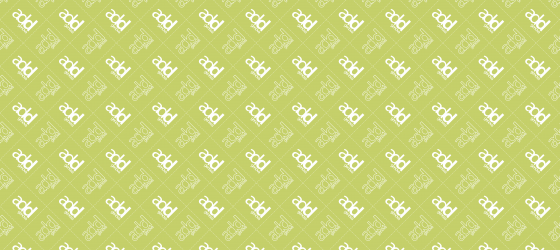ADD PhD course in Architecture and Design
The PhD Course in Architecture and Design is divided into two curricula: Architecture and Design.
The aim of the course is to address, in an interdisciplinary dimension, the wide domain of the environment and the material and immaterial artifacts that define it, having as a focal element the activity of design understood as a process — its tools, and its cognitive and operational apparatuses — aimed at addressing the new phenomena of change – social, cultural, spatial and material – that influence today the environments of our daily lives and their relationship with the information and knowledge society.
The innovativeness of the approach lies fundamentally in the development of research themes related to emerging issues and needs, new economies, the production structures involved, and the cultural context in which they are situated.
In this sense, the training project aims to study and deepen the relations between the environment at various levels and the social context, as well as the political and cultural values that influence design choices.
The main purpose of the Course is to enable PhD students to acquire a critical understanding of the issues that traverse the theme of design in all its complexity.
Research, a collective adventure
In recent decades, we have witnessed significant transformations in our living and interaction scenarios.
The development of computation, communication systems and new process technologies (both material and digital) has not only contributed to an exponential leap in the entropic manifestation of our relational environments, but also to the explicit recognition of their open, dynamic and irregular conditions.
This is a definitively complex condition – plural, heterogeneous, and evolutionary – that demands new keys for interpretation and orientation.
We are aware, in this sense, of a substantial change in design thinking: one that is open to the possibility of combining data, programs, messages and scenarios, through a new interactive and informational logic that represents one of the most important social, spatial and cultural revolutions of our time.
In this moment of shared exploration, design research must become, in every respect, a collective, intellectual and cultural adventure.
An opportunity that involves the innovative exploration of shared horizons, of stimulating experiences beyond standardized conventions and banal consumerism, but also beyond “individual trajectories” (those of “iconic figures”, “unique cases”, or “reference magisteria”).
Today, what becomes necessary are proposals capable of generating “networks of complicity and relationship”, attentive to the conditions of their time and open to the exploration of new paradigms — and new criteria for action — that are at once critical and operative.
This new operational will requires a more complex and transversal gaze: a critical-propositive gaze, capable of recognizing reality and of designing it qualitatively.
We must promote — in the profession, in education, and also in research — intellectual generosity rather than competitive rivalry; teamwork, and work as a team; in networks (and without networks); both in presence and at a distance.
To work with discipline, between disciplines and beyond disciplines.
Combining rigor and boldness, analysis and intuition, singular affirmation and shared restlessness; identity and cosmopolitan projection; intellectual respect and complicit admiration; intimate conviction and enthusiastic curiosity.
Without mistrust or fear of error, risk, or confrontation.
A change in the university model appears on the horizon.
We are witnessing the last manifestations of a model still anchored in structures that are too defensive and rigid.
It is evident that we must open ourselves to society itself — but above all, to the emergence of talent and proactive energy.
Students are no longer the old “disciples” of the masters’ tradition, but new “accomplices” in a complex and shared process of research and production.
Craft gives way to research: the transmission of certainties to the construction of criteria for action.
The idea of research based on monolithic schools or training spaces gives way to proposals conceived as virtual laboratories of investigation — plural, creative and exploratory environments, interconnected through the network.
Trust in talent and emerging energies (combining the rigor and balance of experience with the imagination and enthusiasm of youth) is fundamental to guarantee the quality of a truly educational, vital, and sustainable environment.
This is what we seek to do at the ADD in Genoa: to celebrate design (in Architecture and Design) and to harness research — a shared message, essential to affirm and project the transversal role of a possible and rich transdisciplinary education.
